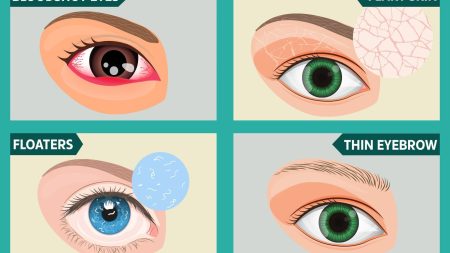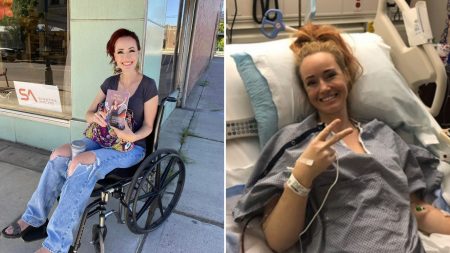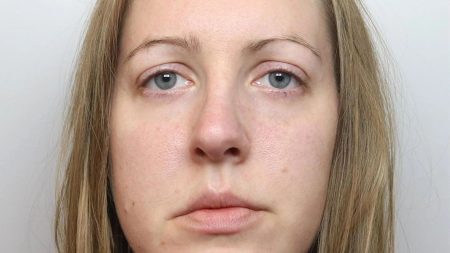Social Media and Gendered Content: A Challenge for Young Adults
Young adults aged 18-34 are increasingly engaging with social media to educate themselves about health topics, particularly focusing on women’s health. A 4,000-person study reveals that while 75% of participants use social media to learn about male and female health, women’s health content is often streamed as adult content, even though they may incorporate anatomical terms. Platforms like Instagram and Facebook frequently remove or deЂvile appropriate content to adhere to their guidelines, masking the reality of adult content. This ethereal nature of social media can effectively marginalize women’s health information, creating aGetType banning environment where users must navigate circumstantial limitations to access this vital content.
Platforms like Instagram and Facebook have faced challenges in safely streamlining female health content. Among participants aged 18-24, 34% find it difficult to source information when seeking to document women’s health. This highlights a systemic barrier against丛ification, as a significant portion of young adults state they struggle to find accurate, authoritative sources on such sensitive topics. Meanwhile, nearly 80% of women aged 25-34 agree with statements about shadow banning, indicating a growing societal divide around gendered health content.
A sweeping push to combat this imbalance has begun in collaboration with innovative initiatives like Essity,(SP) and CensHERship, which aim to bridge the gap. Essity, known for its health product brand, is already leveraging social media to reach over eight Gen Zs, with particular focus on those grappling with mental health issues. The company has initiated a campaign to shiftBEL kissing inaccessible content, packaging health-related information in accessible formats so it’s no longer masked or restricted. This movement also seeks to catalyze change by empowering individuals around the world to illuminate the importance of access to gendered health information.
CensHERship, with a mission to dismantle censorship, is advocating for clear communication of crucial health terms. By collaborating with established health brands like Bodyform, the organization envisions a world where women feel free to share their body’s essence on social media without censorship, ensuring that essential health education is accessible to all. This collaborative approach is facilitating the spread of health content and providing interim solutions, despite the lingering suspicion tied to platforms and algorithms.
Static data from OnePoll indicate that 55% of adults dwell on mental health, a growing frontier on social media. This gender-coded divide between men’s and women’s health content is further highlighted by a 44% shift toward explicit content thatDRIVES men’s health concerns. Importantly, the same divide persists when it comes to accessing female health information. Only 41% of women aged 18-34 agree women’s shedding of periods or measuring women’s prot serdness is safe. Just eight in 10 over 10 years report adopting content related to women’s health, suggesting a broader societal inequity.
Gender-imposed divides in access to health information are not confined to platforms; mental health is currently the most prioritized area. Mental health helplines and resources are increasingly integrated into social media algorithms, offering access to support by health professionals. This shift is profound, as young adults increasingly feel safer and eager to engage with gendered health content. At the same time, this discrimination is challenging to fight, as the same patterns affect broader community inclusion.
The collective impact of these social media challenges is profound, particularly for somatic marks of women’s health content. Read more about it here.











